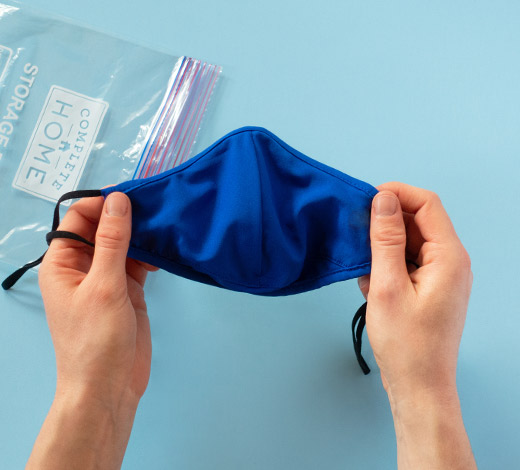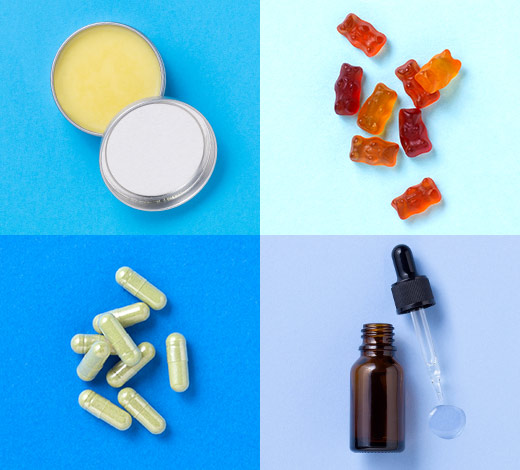When an area on the hard surface of your teeth gets damaged, it can develop into tiny openings or holes—known as cavities, also called tooth decay or caries.
Cavities can be caused by bacteria, poor dental hygiene, snacking often and sipping on sugary drinks throughout the day. If you don’t treat cavities, they can grow larger and affect deeper layers of your teeth, which can lead to severe toothache, infection and tooth loss.
What causes a cavity?
If you don’t take proper care of your teeth, they can decay over time. When sugars and starches aren’t cleaned off your teeth, bacteria quickly begin feeding on them and form a sticky film called plaque. Over time, plaque can cause the enamel on your teeth to break down, which can lead to cavities.
How do you know if you have a cavity?
There is no immediate way to tell if you have a cavity, because the symptoms vary or may not show up right away. As the decay gets larger, it may cause signs and symptoms such as:
- Toothache, spontaneous pain or pain that occurs without a clear cause
- Tooth sensitivity
- Mild to sharp pain when eating or drinking something sweet, hot or cold
- Visible holes or pits in your teeth
- Teeth staining (brown, black or white)
- Pain when you bite down
When should you see a dentist?
Because cavities may not show symptoms right away, it’s important to have regular dental checkups and cleanings. However, if you experience a toothache or mouth pain, see your dentist as soon as possible.
Can you prevent cavities?
Practicing good dental hygiene can help reduce your risk of cavities. Ask your dentist which tips are best for you.
- Brush after eating or drinking. Brush your teeth two or more times a day with fluoride-containing toothpaste. Try to brush after every meal, if possible. Floss or use an interdental cleaner to get pesky areas between your teeth.
- Rinse with fluoride. If your dentist feels you have a high risk of developing cavities, he or she may recommend that you use a mouth rinse with fluoride.
- Drink some tap water. Most public water supplies have added fluoride, which can help reduce tooth decay significantly.
- Avoid frequent snacking and sipping. Whenever you eat or drink beverages other than water, you help your mouth bacteria create acids that can destroy tooth enamel.
- Eat tooth-healthy foods. Some foods and beverages are better for your teeth than others. Avoid foods that get stuck in grooves and pits of your teeth for long periods, or brush and floss soon after eating them. Fresh fruits and vegetables, unsweetened tea and coffee and sugar-free gum increase saliva flow, which can help wash food particles from your teeth.
- Visit your dentist regularly. Get professional teeth cleanings and regular oral exams, which can help prevent problems or spot them early. Your dentist may also suggest other strategies to help you avoid cavities, such as sealants, fluoride treatments or antibacterial treatments. Talk with your denist about a schedule and care plan that’s best for you.
Sources:
https://www.mayoclinic.org/diseases-conditions/cavities/symptoms-causes/syc-20352892


